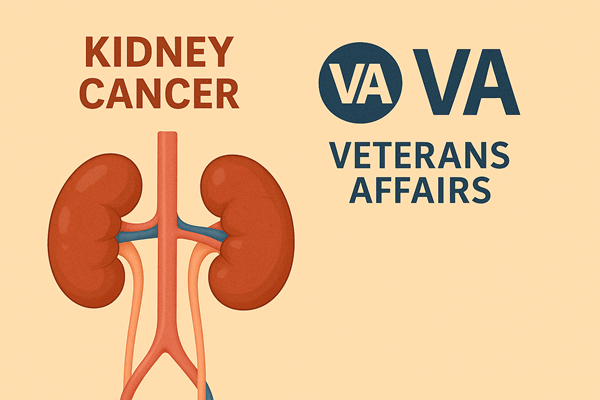Veterans exposed to PFAS through firefighting foam (AFFF) or contaminated military bases often face denied VA disability claims—not because they lack a real illness, but due to preventable filing mistakes. This guide breaks down the most common errors veterans make when pursuing PFAS-related claims and how to avoid them. Learn how to gather proof of exposure, secure a strong nexus letter, and win your case—even after a denial.
Veterans exposed to PFAS through firefighting foam or contaminated water on military bases often face denied VA disability claims due to lack of presumptive recognition for illnesses related to PFAS exposure. This in-depth guide explains how to document exposure, establish a strong medical nexus, and navigate the VA disability claims process for PFAS-related conditions like kidney cancer, thyroid disease, and ulcerative colitis.
Decades of firefighting foam use and improper solvent disposal management have contaminated hundreds of U.S. military bases with PFAS and chlorinated toxins. In this firsthand account, an environmental scientist with 35+ years of investigative fieldwork breaks down how this crisis unfolded and what challenges remain ahead.
Explore comprehensive details on VA disability ratings for kidney cancer linked to PFAS exposure, including stages, ratings, compensation, appeal strategies, and critical resources.
Nexus letters are critical for veterans filing VA disability claims for toxic exposure illnesses like PFAS-related cancers. Learn how to strengthen your claim and view a sample nexus letter template.
Learn how PFAS exposure affects pregnancy, what health risks to watch for, and if you qualify for the AFFF lawsuit. Essential info for expecting parents.
DOGE budget cuts to the Veterans Health Administration (VHA) are jeopardizing critical cancer care, toxic exposure screenings, and PFAS-related services for veterans—join the discussion about how this impacts veteran health outcomes, legal rights, and the future of drinking water safety on military installations.
Uncover the shocking reality of water contamination at over 700+ military bases, putting servicemembers' and families' health at risk from PFAS, benzene, and other harmful substances. This article delves into the Pentagon's delayed response, a landmark $1.185 billion settlement, and offers a practical guide for affected individuals seeking legal action and compensation for their health issues.
Learn how the VA toxic exposure screening works, who qualifies, how it fits under the PACT Act, and why early screening is critical for veterans seeking healthcare and disability benefits.










